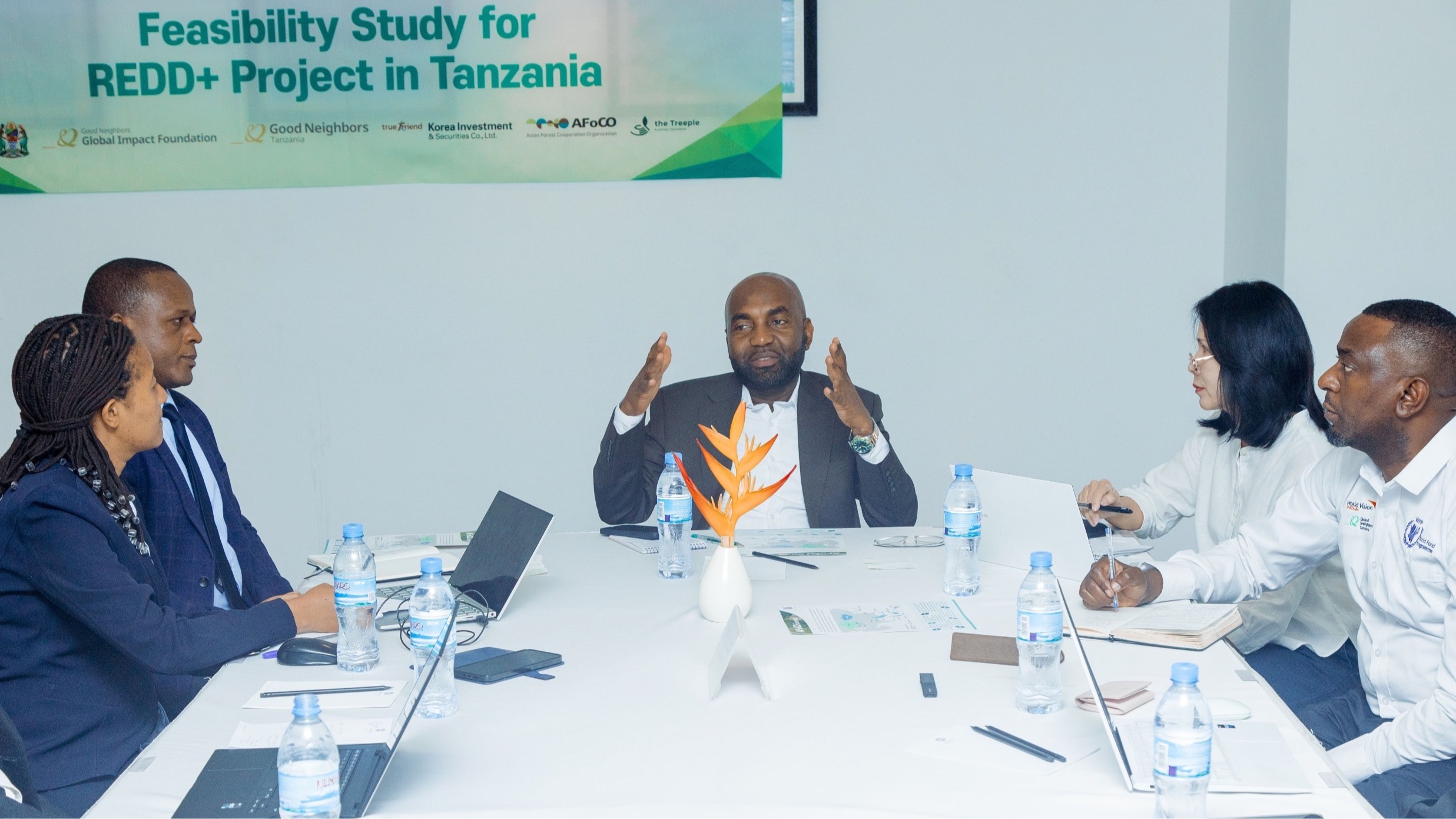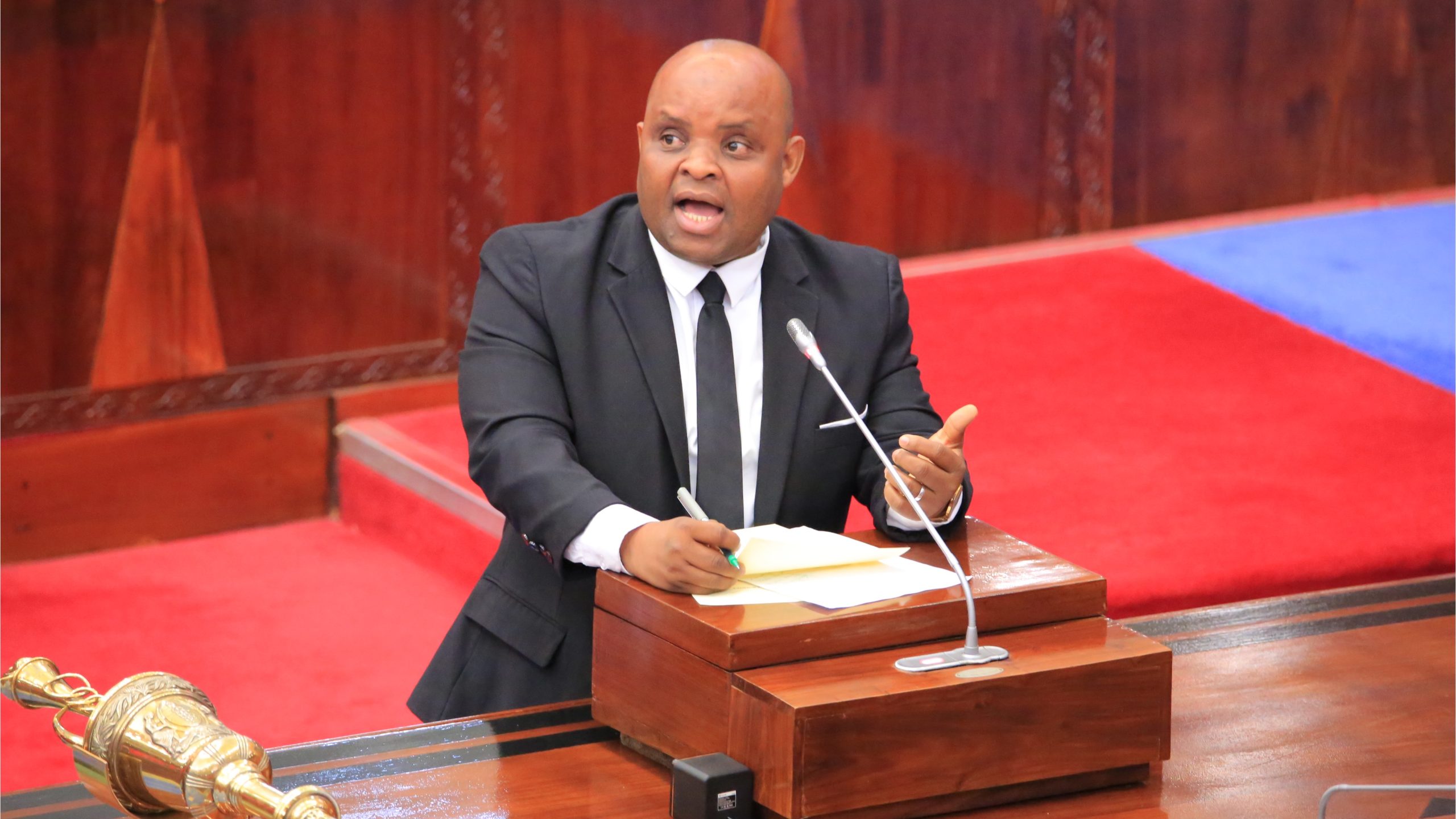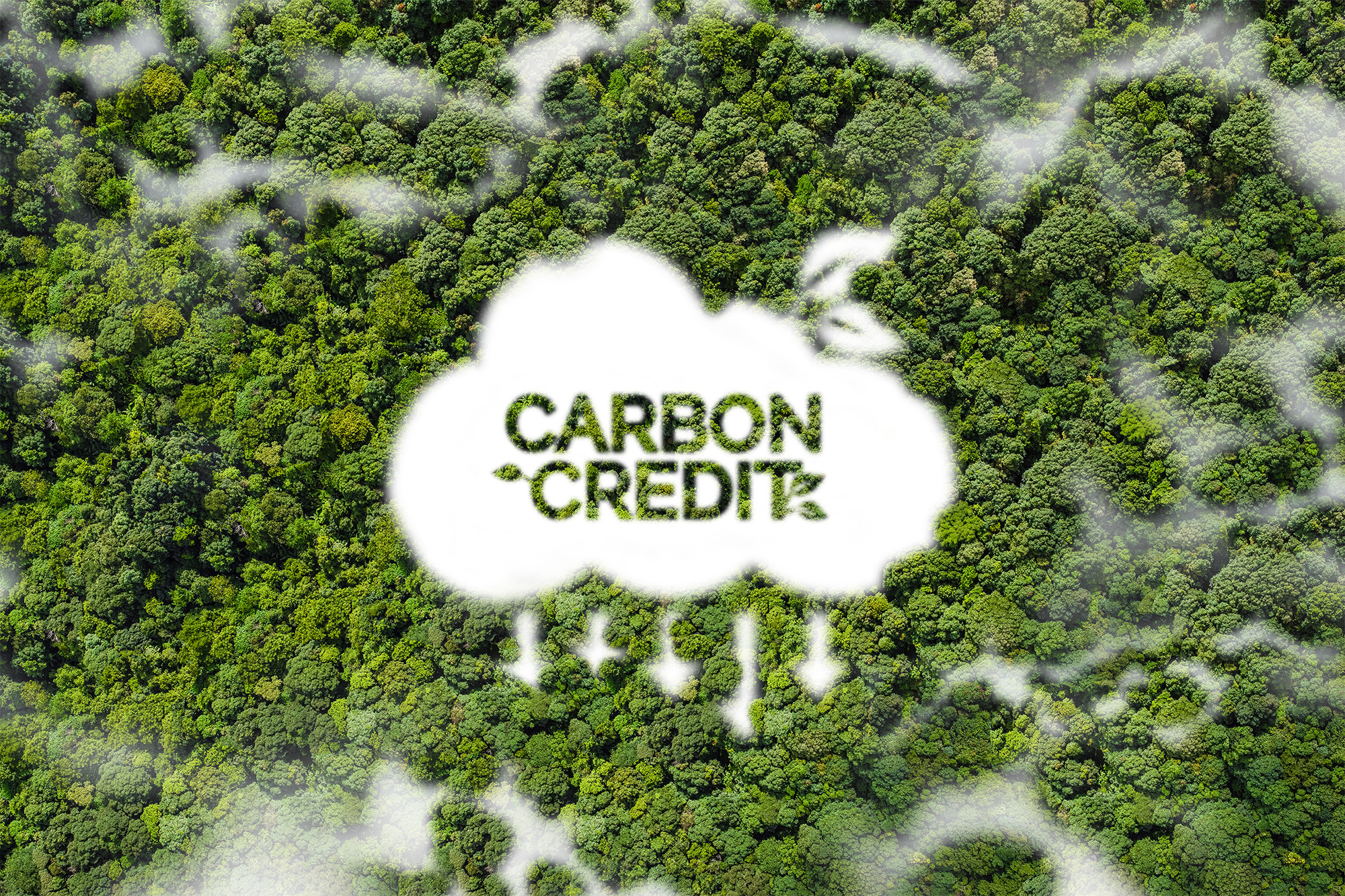In the last three years, pastoralists in northern Kenya have seen significant financial gains, totaling Sh1.7 billion, through their participation in carbon credit programs focused on rangeland conservation.
Through the adoption of modified grazing practices, such as rotational grazing and pasture reseeding, these livestock keepers in Laikipia, Isiolo, Marsabit, and Samburu counties have been able to restore degraded rangelands and increase grass cover. This has not only improved the health of the ecosystems but has also enabled the capture of more atmospheric carbon, which is then stored in the soil.
The success of these initiatives can be attributed to the efforts of 14 community conservancies across the four counties, which have embraced soil carbon removal as part of the Northern Kenya Rangeland Carbon Project (NKRCP). This project, spearheaded by the Northern Rangeland Trust (NRT), aims to incentivize sustainable land management practices while providing pastoralists with additional sources of income.
Through participating in the NKRCP, pastoralists are not only contributing to climate change mitigation efforts but also reaping the economic benefits of their conservation efforts. This innovative approach not only enhances the resilience of local communities but also demonstrates the potential for carbon credit programs to foster environmental stewardship and socioeconomic development in marginalized regions.
In the years 2022 and 2023, each of the 14 participating conservancies received a substantial amount of $324,000 (equivalent to Sh42 million). This year, the latest disbursement is expected to total Sh379 million, with funds projected to hit their bank accounts imminently.
Mohamed Shibia, the Rangelands and Carbon Programme Manager at NRT, underscores the groundbreaking nature of this initiative. It represents the world’s first project focusing on soil carbon removals through sustainable grazing management. The primary goal is to mitigate the adverse effects of climate change, particularly global warming, by reducing greenhouse gas emissions into the atmosphere.
Shibia emphasizes the ambitious target of the project, aiming to remove up to 50 million tonnes of carbon dioxide from the ecosystem over the next 30 years. Spanning 4.7 million acres, the project involves community conservancies including Biliqo Bulesa, Il Ngwesi, Kalama, Leparua, Lekurruki, and Meibae. Additionally, it encompasses Melako, Naibunga, Nakuprat-Gotu, Namunyak, Nasuluu, Ol Donyiro, Sera, and Westgate conservancies.
This initiative not only provides significant financial support to the participating conservancies but also holds immense promise in combating climate change by promoting sustainable land management practices. It stands as a beacon of innovative environmental stewardship and community empowerment, setting a precedent for similar projects worldwide.
The sale of carbon offsets on the global carbon market serves as a vital source of sustainable income for local communities engaged in conservation efforts. By participating in carbon credit programs, these communities are empowered to protect and preserve vulnerable landscapes, safeguard endangered wildlife, and contribute to broader climate change mitigation efforts.
Carbon offsets are essentially credits generated from projects that reduce or remove greenhouse gas emissions from the atmosphere. These projects can range from reforestation and afforestation initiatives to renewable energy installations and sustainable land management practices. By implementing such projects, local communities are able to generate carbon credits, which are then sold on the global carbon market to businesses, governments, and individuals seeking to offset their own carbon footprints.
The revenue generated from the sale of carbon offsets provides crucial support for conservation efforts in these communities. It enables them to invest in sustainable livelihoods, such as eco-tourism and agroforestry, that are compatible with their conservation goals. Additionally, it allows them to implement measures to adapt to the impacts of climate change, such as building resilience against extreme weather events and changing environmental conditions.
Furthermore, the conservation of vulnerable landscapes and protection of endangered wildlife have far-reaching benefits beyond carbon sequestration. Preserving biodiversity-rich habitats not only safeguards critical ecosystems but also helps to maintain ecosystem services essential for human well-being, such as clean air and water, soil fertility, and pollination.
Carbon offset programs provide a win-win solution for local communities and the environment. They offer an innovative approach to sustainable development by incentivizing conservation efforts while simultaneously addressing the urgent need to combat climate change. By harnessing the power of the global carbon market, these communities are able to unlock economic opportunities that support their long-term prosperity while contributing to the protection of our planet’s natural heritage.



